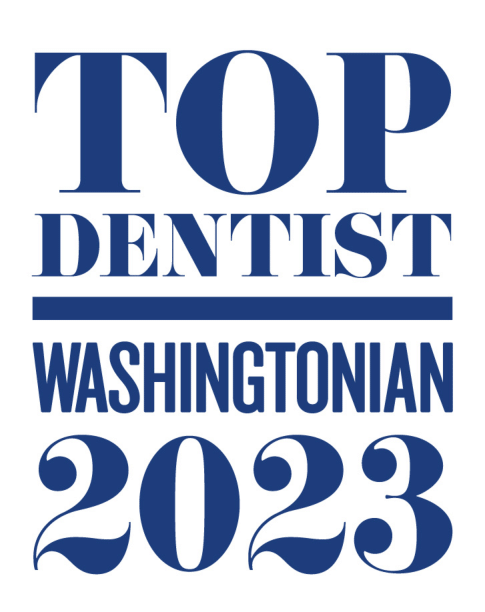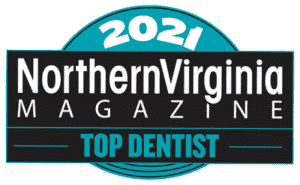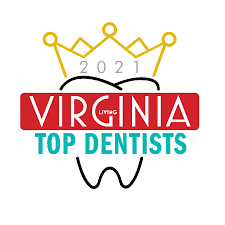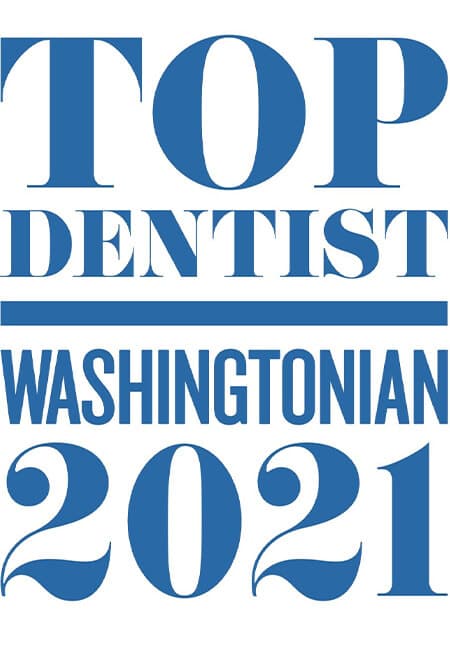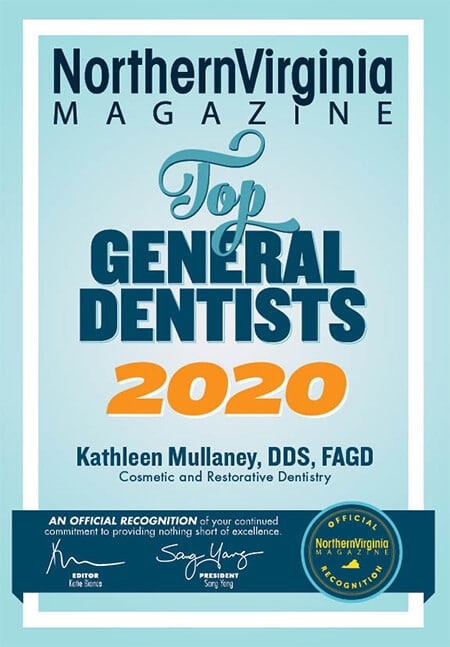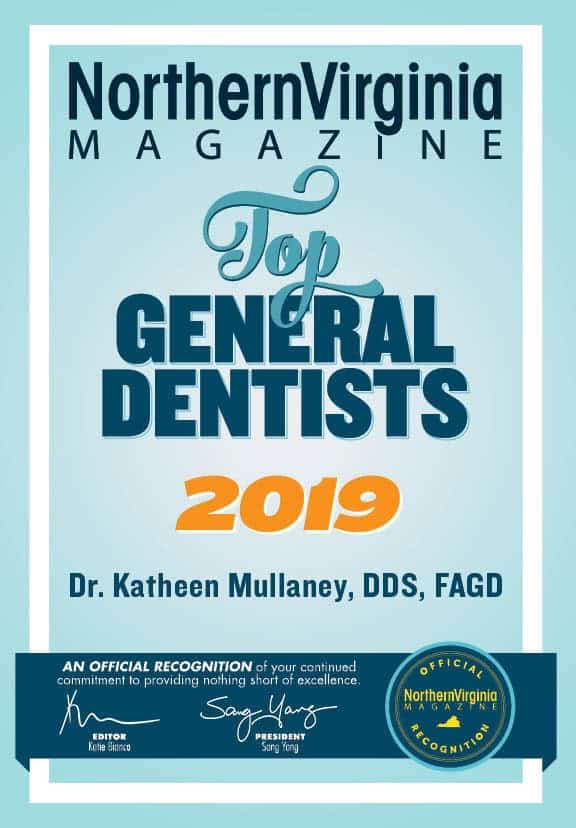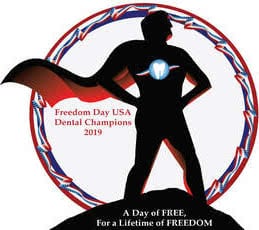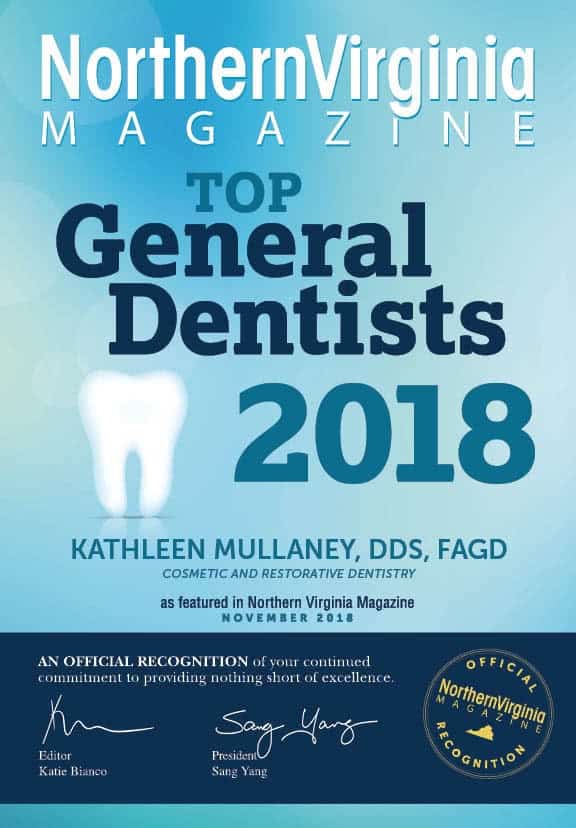Can You Over Brush Your Teeth?
Are you someone who brushes their teeth religiously, hoping to maintain a dazzling smile and perfect oral health? That’s great! Brushing your teeth helps remove plaque, prevents tooth decay, freshens your breath, and promotes healthy gums. But can you over brush your teeth?
Our experienced dentist explains the risks of over brushing, the signs to look out for, and how to strike the right balance to keep your teeth and gums healthy.
What Is Over Brushing?
Over brushing, also known as toothbrush abrasion, occurs when you brush your teeth with too much force or for too long. Over time, this can cause tooth sensitivity, gum sensitivity, and other oral health issues.
Risks of Over Brushing Your Teeth
Some potential risks of over brushing your teeth may include the following:
- Enamel erosion – Brushing your teeth too hard or using a toothbrush with hard bristles can wear down the enamel and cause scratches or abrasions on the tooth surface; this makes it easier for bacteria to accumulate and potentially lead to tooth decay.
- Gum recession – Over brushing can cause your gums to recede, which exposes the tooth roots and could lead to tooth sensitivity and other gum-related issues.
- Tooth sensitivity – Too much brushing can result in tooth sensitivity, causing discomfort and pain when consuming hot or cold foods and beverages.
- Irregular brushing technique – Brushing your teeth too quickly or for too long could lead to an irregular brushing technique. Failing to remove plaque might lead to poor oral hygiene and increases your risk of dental problems.
How to Maintain a Proper Oral Hygiene Routine
Maintaining a proper oral hygiene routine is crucial for good oral health. Here are some tips to ensure you’re brushing your teeth correctly:
- Use soft-bristled toothbrush – Choose a toothbrush with soft bristles to avoid damaging your teeth and gums. Soft bristles are effective in removing plaque without being abrasive. Consider using a toothbrush with the American Dental Association (ADA) seal of approval, which indicates that it’s been tested and approved for safety and effectiveness.
- Brush gently – Brush your teeth using gentle, circular motions rather than applying excessive pressure. Avoid scrubbing your teeth aggressively, as it can cause enamel erosion and gum recession. Let the bristles do the work.
- Brush for the recommended time – Brush your teeth for at least two minutes, spending roughly 30 seconds on each quadrant of your mouth. Use a timer or play a song to help keep track of time.
- Use fluoride toothpaste – Fluoride toothpaste helps strengthen the enamel and protect against tooth decay. Apply a pea-sized amount of fluoride toothpaste onto your toothbrush.
- Position your toothbrush – Hold your toothbrush at a 45-degree angle to your gums and brush all surfaces of your teeth, including the fronts and backs. Avoid scrubbing your teeth back and forth, as this can cause abrasion and damage to the enamel and gums. Remember to brush your tongue and the roof of your mouth to remove bacteria and freshen your breath.
- Don’t forget to floss – Brushing alone isn’t enough. Try to floss your teeth at least once daily to remove plaque and food particles from between your teeth.
- Replace your toothbrush regularly – Replace your toothbrush, or just the head, every three to four months. You can do this sooner if the bristles become frayed or worn out. If you have a hard time remembering, replace your toothbrush when the seasons change.
- Regular dental check-ups – Visit your dentist regularly for dental check-ups and professional cleanings to detect any potential oral health issues early and receive proper guidance on oral hygiene practices.
How Often Should You Brush Your Teeth?
The ADA recommends brushing your teeth at least twice daily with fluoride toothpaste and a soft-bristled toothbrush. You should also floss between your teeth and along your gum line.
Contact Our Experienced Alexandria Dentist Today!
Remember, consistency and technique are key to brushing your teeth. Call 240-532-3335 or contact our dentist today for guidance if you have any questions or concerns! We look forward to helping you achieve a healthy smile. this will help remove plaque, bacteria, and food particles from areas that brushing alone may not
Author Bio: Dr. Kathleen Mullaney offers various general and cosmetic dentistry services in Alexandria, VA. She earned her doctorate in dental surgery from the Medical College of Virginia (MCV) and proudly served as a United States Navy dentist before opening her practice. With over 25 years of experience, Dr. Mullaney is delighted to be one of Old Town’s most respected and sought-after dentists! Call 240-532-3335 to schedule an appointment.

